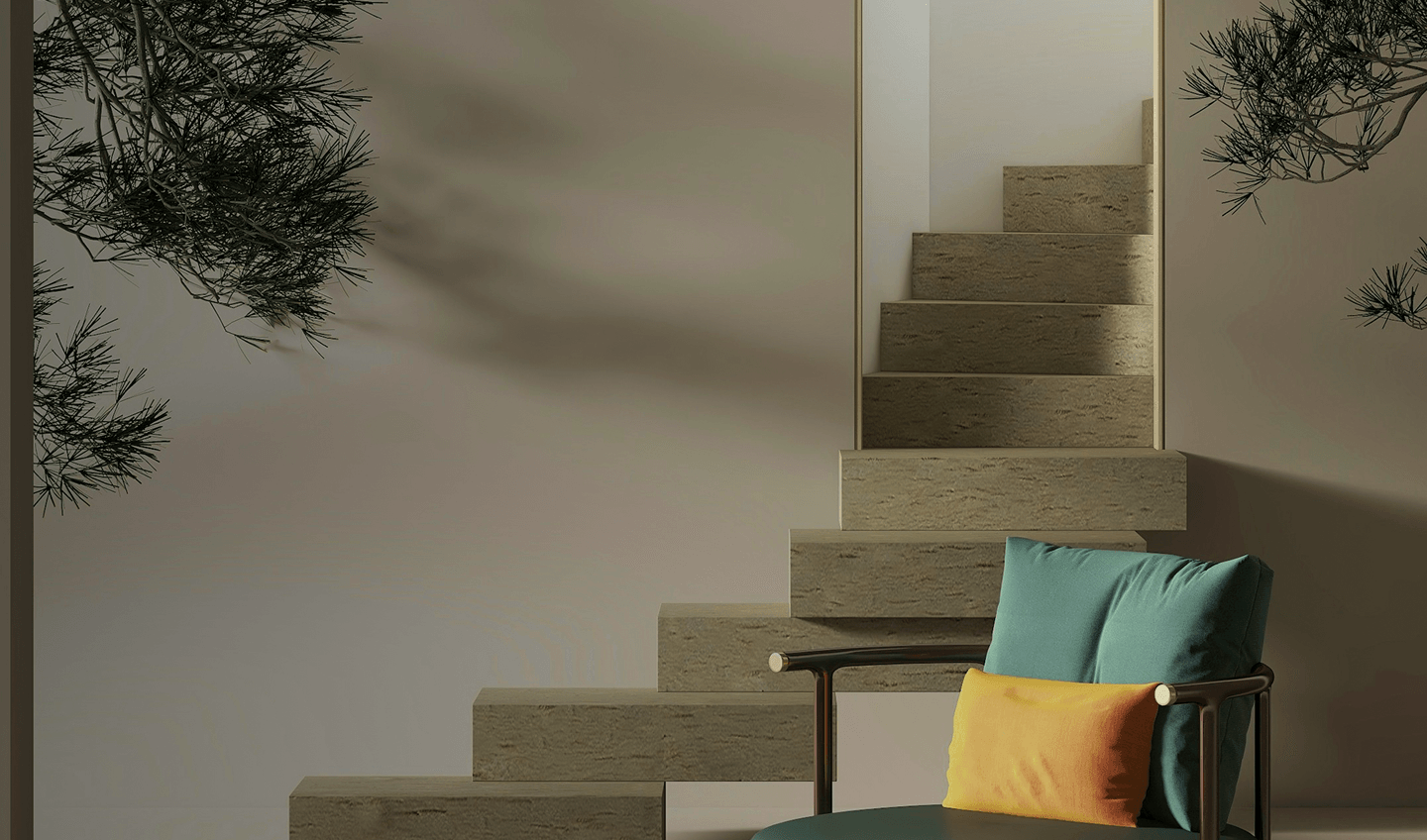
Top Home Renovation Tips for Dubai Villas and Apartments
Top Home Renovation Tips for Dubai Villas and Apartments
Renovating a home in Dubai is an exciting journey. Whether you’re updating a villa in Arabian Ranches or refreshing an apartment in Downtown Dubai, a renovation can completely transform your living experience. But before you dive in, there are some important factors to consider — from planning and budgeting to materials and approvals.
Why Renovation in Dubai is Unique
Unlike many other cities, Dubai has specific requirements when it comes to renovation. Buildings and communities often have rules on working hours, noise levels, and even the types of changes you’re allowed to make. For example, some apartment buildings won’t allow major structural changes, while gated communities may require a No Objection Certificate (NOC) before starting.
Dubai’s climate also plays a big role. With hot summers, high humidity, and occasional sandstorms, choosing the right finishes and designs is essential. Durable and low-maintenance materials will help your renovation last longer and perform better.
Step 1: Start With a Clear Plan
Every successful renovation begins with a solid plan. Ask yourself:
What do I want to change — layout, finishes, or both?
What is my budget and timeline?
Will I need professional drawings and approvals?
It’s wise to prioritize what matters most. For example, kitchens and bathrooms usually add the most value to a home. If your budget is tight, focus on these key spaces first.
Step 2: Approvals and Permits
One of the most common mistakes homeowners make is starting work without the necessary approvals. In Dubai:
Apartments: You’ll need permission from the building management, especially for plumbing or electrical works.
Villas: Most communities require NOCs from the developer (Emaar, Nakheel, DAMAC, etc.) before you can begin.
Municipality: Major structural changes may need Dubai Municipality approval.
Always clarify these requirements in advance to avoid costly delays.
Step 3: Choosing the Right Materials
The climate in Dubai demands materials that can handle heat, humidity, and heavy use. Some good options include:
Floors: Porcelain tiles, SPC vinyl, or natural stone — all durable and low-maintenance.
Kitchens: Quartz countertops, moisture-resistant MDF or marine plywood for cabinets.
Bathrooms: Non-slip tiles and good quality waterproofing.
Doors and Windows: UPVC or aluminum frames for insulation and durability.
Tip: Avoid solid wood flooring in most cases. It may warp due to humidity unless carefully maintained.
Step 4: Work With Professionals
While it may be tempting to cut costs by hiring the cheapest contractor, this often leads to poor workmanship and hidden expenses later. Look for licensed contractors with experience in Dubai’s regulations. Ask for references and check previous projects.
An experienced designer or architect can also help you make the most of your space. Even small apartments can feel bigger with the right layout and storage solutions.
Step 5: Focus on Energy Efficiency
Dubai’s high utility bills are a challenge for many homeowners. A renovation is the perfect time to add energy-saving features such as:
LED lighting and smart switches.
Better insulation in walls and windows.
High-efficiency HVAC systems.
Low-flow taps and water-saving fixtures.
These upgrades not only reduce monthly bills but also make your home more comfortable.
Step 6: Don’t Forget Outdoor Spaces
For villa owners, outdoor living is a big part of life in Dubai. Renovations often extend to gardens, patios, and rooftops. Popular additions include shaded pergolas, BBQ areas, and swimming pools.
Even small balconies in apartments can be transformed with outdoor tiles, planters, and seating. With some creativity, you can create a private retreat right at home.
Step 7: Budget and Timeline
Always keep a contingency of at least 10–15% in your budget for unexpected expenses. Delivery delays, material shortages, and additional approvals can affect both cost and schedule.
For a villa, a full renovation can take anywhere from 3–6 months. For an apartment, minor works may take only a few weeks if approvals are smooth.
Final Thoughts
Renovating your Dubai home can be one of the most rewarding projects you’ll ever do. With proper planning, the right team, and durable materials, you can create a space that reflects your lifestyle while increasing the value of your property.
Remember: Plan carefully, get your approvals, and choose quality over shortcuts. The result will be a home that looks beautiful and functions perfectly for years to come.